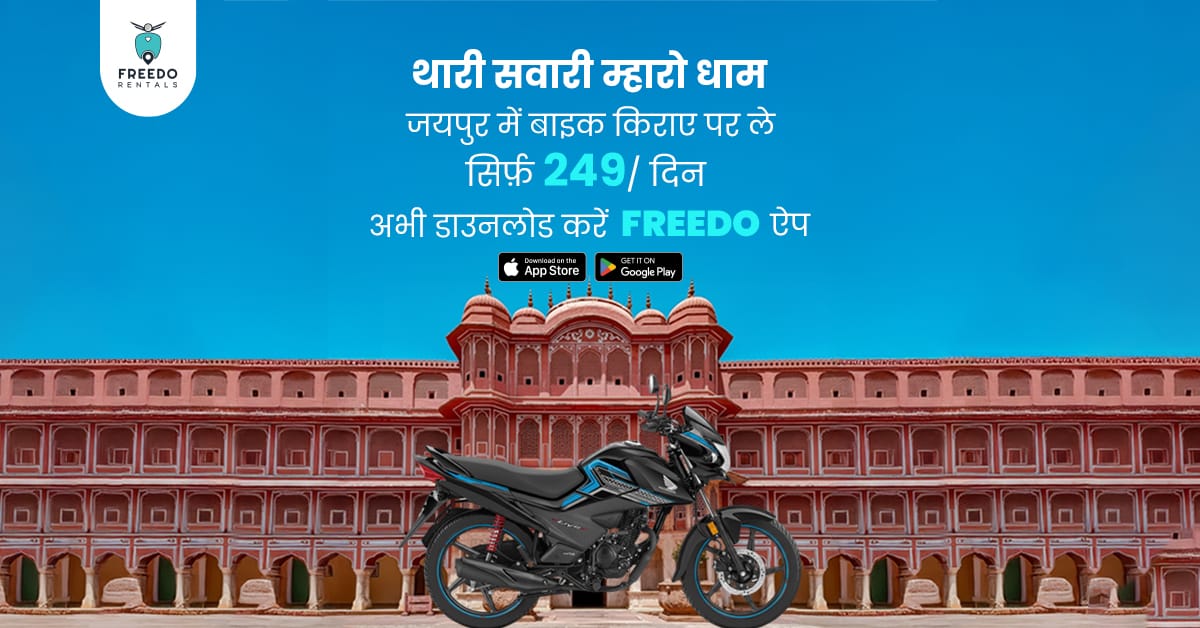Giving the car away by way of trade is a standard procedure that a motorist may do for several other reasons: to raise the cash for a larger vehicle, to get out from under big monthly payments, or just to buy something new. But the burning question is: can I trade a financed vehicle if it hasn’t been paid off yet? The answer is yes – but it’s important to know how to trade in a financed vehicle, what your obligations are, and how to evaluate your options properly.
This comprehensive guide will equip you with all the information you need to confidently trade in a financed vehicle, whether you’re upgrading, downsizing, or adjusting to life changes
Understanding a Financed Vehicle
A financed vehicle is purchased using a loan generally from a bank, credit union, or dealership. Monthly payments are made to that lender until the loan is completely paid off with interest; in effect, the lender holds the title to the car until the loan has been repaid in full.
Thus, the buyer does not fully own the car until it is completely paid a kind of lease from an institution, while the buyer is paying off the balance. So whenever you are thinking about trading in your car, it is necessary to know your current financial position on that loan. So when asking, can you trade a financed vehicle, the answer depends on how much you owe versus the car’s current market value—and how you plan to handle that balance during the trade-in.
Can I Trade a Financed Vehicle: Key Considerations
Here is a short answer: yes, can you trade in a financed vehicle. However, it is usually more complicated than merely giving over the keys to a dealership. Some key things to consider include the following:
1. Know Your Loan Balance
Before going into a dealership, call your lender to receive your exact payoff amount—the total amount you owe for the vehicle, including any interest or fees. This may differ slightly from what your remaining balance shows online.
2. Find out the Trade-In Value of Your Car
Next, find out the trade-in value of your car. You may ascertain the car’s trade-in value through such services as Kelley Blue Book, Edmunds, or local car dealerships. This is the amount a dealer would normally pay you for trading in your vehicle. Remember, when evaluating a customer’s trade-in vehicle on a financed deal, the dealer must consider both the market value and the outstanding loan.
3. Consider Your Equity Status: Positive or Negative
The equity would be the difference between the car’s trade-in value and the payoff value of the loan:
Positive Equity: If the car is worth more than the amount owed, that difference can go toward the down payment on your next purchase.
Negative Equity: If what you owe is more than the value of the vehicle (sometimes called being “upside down” on your loan), your options are to pay the difference or have the remaining balance rolled into your new loan, thus increasing your future debt.
4. Impact on Forging a Deal for the Next Vehicle
With a trade-in, a financed vehicle may impact your ability to be financed for the next car. With negative equity, you might find the interest rate increasing or greater down payment requirements thwarting your efforts.
Pros and Cons of Trading a Financed Vehicle
Pros and Cons of trading in a car with an existing loan.
Pros of Trading a Financed Vehicle
- Convenience: Generally, trade-ins are considered much more convenient and faster than private sales.
- One-Stop Process: The dealer will take care of paying off your lender, thus saving you the trouble of paperwork.
- Opportunity to Upgrade: This can pay for or be a down payment on a newer vehicle if you own positive equity.
Cons of Trading a Financed Vehicle
- Negative Equity Risks: Such being if they roll over negative equity into customers’ new loans, then that will um… increase their debt and interest payments.
- Lower Trade-In Value: Dealers can usually offer less than you’d probably get from a private sale.
- Possible Fees: Certain lenders could even charge fees for early termination, loan payoff, and so on.
If you’re asking yourself, can I trade a financed vehicle without losing money, understanding these pros and cons is essential.
How the Trade-In Process Works
Here’s a step-by-step look at how to trade in a financed vehicle:
Step 1: Determine Your Payoff Amount
All right, then. I would say you should call your lender and get that payoff amount doubled. This is important in order to know exactly what positive or negative equity you will have.
Step 2: Get Your Car Appraised
Visit several dealerships or use online tools to get a trade-in estimate. Be honest about your vehicle’s condition to get accurate offers.These numbers will be essential when evaluating a customer’s trade-in vehicle on a financed deal.
Step 3: Compare Offers
All trade-in deals don’t bear equal attributes. You might really want to exercise patience and check around to look for the right deal, which could mean a higher trade-in value or better financing terms on the new car.
Step 4: Negotiate the Trade-In and New Car Deal
Bargain for the new car price and the trade-in separately. It must be fair market value for both.
Step 5: Finalize the Transaction
Once you accept the deal:
- The dealer pays off your existing loan directly.
- If you have positive equity, it’s applied to your new car purchase.
- If you have negative equity, you must pay the difference or agree to roll it into the new loan.
Yes, can you trade-in a financed vehicle even with negative equity—but be sure you understand the long-term financial impact.
Conclusion
So, can you trade a financed vehicle? Yes, we can trade a financed vehicle, but it really pays to understand the process with respect to your loan, your auto’s worth, and the financial aspects involved. Armed with knowledge about the positive or negative equity, one can make the best choice for the budget and the need for transportation.
If you’re asking yourself, can I trade in a financed vehicle without losing money, it all hinges on knowing your payoff amount, your vehicle’s value, and your willingness to shop around. And yes, can you trade in a financed vehicle at most dealerships? You sure can—just ensure the deal is structured to benefit you, not just the lender or dealer.If you are thinking about a trade-in, make time to research, compare offers, and seek counsel from financial experts if you feel it is necessary. With a carefully mapped-out plan, you will be able to sail smoothly through the trade-in even if you still have money owed on the car you currently own.
Frequently Asked Questions (FAQ’s)
1. Can you trade in a financed car if I still owe money on it?
Certainly; however, the balance has to be eliminated either by evaluating the automobile’s day-of-trade-in value or by covering the negative equity if there is such.
2. What happens to my loan when I trade in my car?
They have a way of making it pay off your loans directly. In case the loan is more than the value of the car in question, there are a few options that you may consider: paying the difference or rolling it into a new loan you will take.
3. Can I trade in a car with negative equity?
Yes, it may be a financially risky endeavor. With the negative equity included in your new loan, you will likely end up making higher monthly payments.
4. Is it better to sell my financed car privately?
In some cases, yes. You might get more money from a private sale, which can help you cover your loan balance more effectively. However, it’s a more complex and time-consuming process.
5. Can I trade in my financed car at any dealership?
Most dealerships accept financed trade-ins. However, the process and trade-in value may vary, so it’s wise to compare offers.
Subscribe to AutoMagToday for expert reviews, industry news, and real-world tips that keep you informed and in control. Got questions or want to share your thoughts? Leave a comment below or connect with us.


